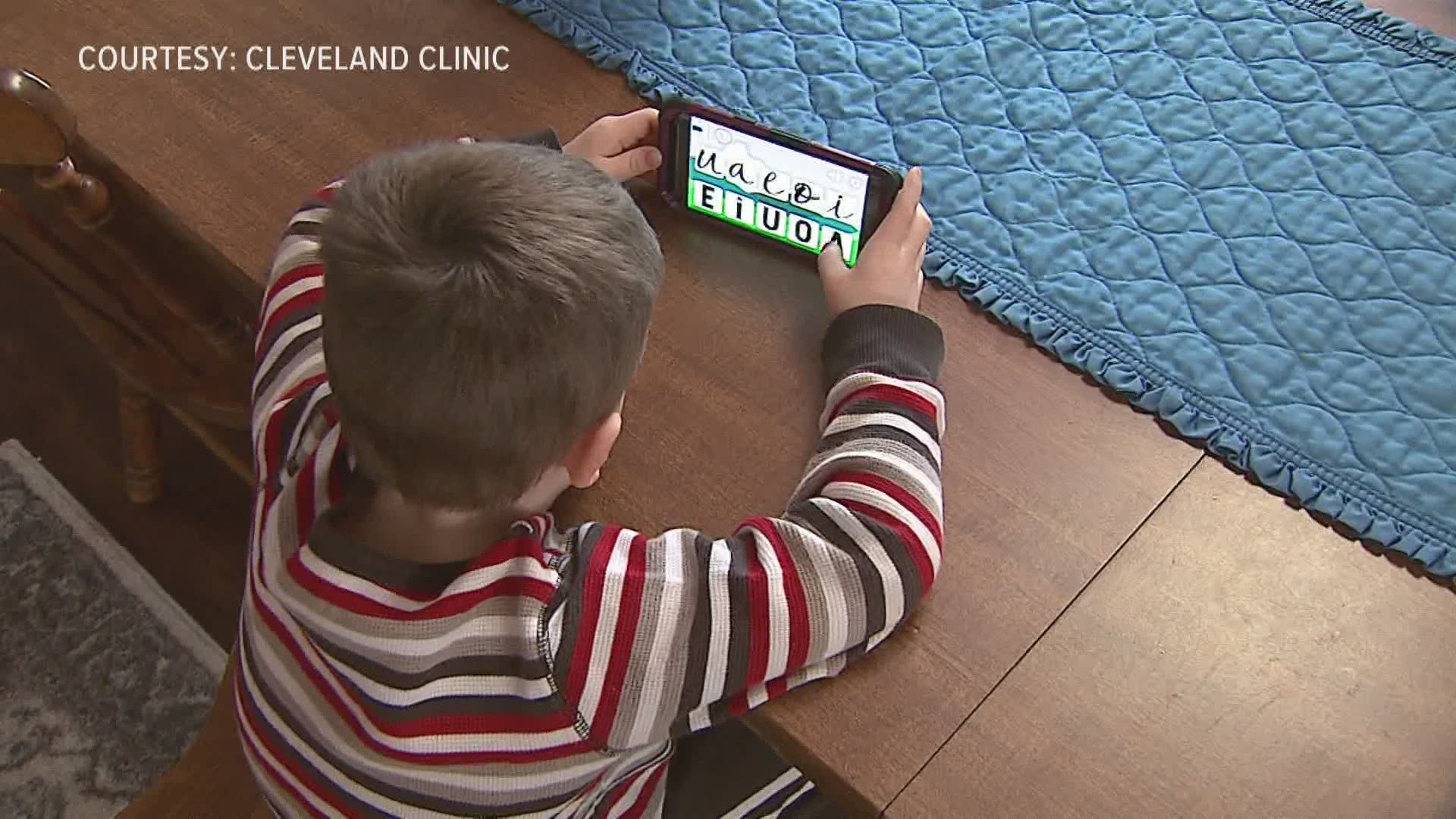KENT COUNTY, Michigan — The new academic year is weeks away. School districts across Michigan are working to finalize pandemic plans, including whether to allow students to return for in-person classroom instruction. The uncertainty has many parents nervous, especially those that have children with autism.
"I think that the challenges with going back to school or not going back to school are just so vast for people with autism. Most of the educational goals surround some type of social and communication piece. It's very difficult to do that virtually," says Pam Liggett, the executive director of Autism Support of Kent County. "Secondly, a lot of the evidence-based best practices for teachers and students are things that require close contact, so that's going to be very difficult."
Autism Support of Kent County is a nonprofit agency that works to improve life for people with autism by providing programs and services, social opportunities, family events, support groups and various levels of support for the schools and autism teachers.
Liggett says the COVID-19 Coronavirus pandemic has been especially challenging for children with autism and the challenges for new school year are "huge and varied."
"Autism affects each person very differently. Although virtual learning does work well for some people with autism, it typically is not the best format for kiddos with autism so that's been very rough," she says. "Obviously a pandemic shutdown of the economy shutdown of schools has been very difficult on people with autism because they're stuck at home and many are not able to tolerate the masks, so it's difficult to go out. And, change again can be difficult for people with autism so some of the new procedures and changes at places can be difficult."
For that reason, she says parents and advocates of children with autism are very concerned as to how to best educate students in the new year. However, she is certain that it must include in-person learning.
"How that plays out, we're not quite sure. Again, the social distancing is going to be an issue, but these kids have now been out of school for 5 months. They've been out of their routine for 5 months and parents are telling us that their social skills, their independence and their communication skills have, in many cases suffered," says Liggett. "I am equally concerned for what my kiddos are not getting at home as I am with exposing them to the virus. I talked to an autism teacher consultant today and she said she was in tears on the way to a staff meeting just worried about all of this. I think that's the sentiment we all feel. We really need these guys and girls to be back into an environment where they're thriving and learning and being able to be social and accepted -- where they are able to communicate and learn that independence they're going to need later in life."
Liggett praises autism teachers all over Kent County who she says are struggling with these very difficult decisions. She credits them for working with families to navigate a very uncertain time.
"They have worked their butts off. They've taken packets out to kids. They're doing Zoom conversations. They're really staying in touch," she says. "If you're an autism teacher, you probably have a heart for kids. That's been my experience in meeting them. So, they have done over and above to reach these kids and to stay in touch, but it's difficult because sometimes it just doesn't work."
Liggett says among the challenges is the fact that many of these students never got closure from the previous school year.
"So, some students I know will go back to their old classrooms and say goodbye and shut that chapter before they start a new one because that's important for how their brain works. They will need to close that out before they can start fresh. So, I know that some autism teachers are planning to implement that in the first couple days of school as well. So, yeah, it's tough stuff all around," she added.
Liggett encourages parents of children with autism to stay in constant communication with their teachers and schools but asks them to be patient in the days and weeks ahead.
"It is so important, right now. This is hard to figure out for a neurotypical Gen-Ed kid, but the Special Education piece, especially with autism, is really, really difficult to figure out how to best serve these kids while at the same time keeping everyone safe. So, we just, you know, are preaching patience on everyone's part," she said.
►Make it easy to keep up to date with more stories like this. Download the 13 ON YOUR SIDE app now.
Have a news tip? Email news@13onyourside.com, visit our Facebook page or Twitter. Subscribe to our YouTube channel.

